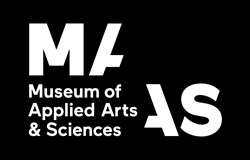When: Wednesday 14th November, 8:45am – 9:45am
Where: Theatrette, Level 2 behind the registration/foyer area
Hashtag: #W2
Internationally, science communication scholars and practitioners have been discussing the need to bridge theory with practice for mutual benefits. This session will bring together leading science communication scholars and practitioners to discuss with the audience critical questions such as:
- Who are the theoreticians and practitioners?
- Are there really barriers between theory and practice, or is this a myth?
- If there are barriers, how might these be overcome?
- What examples are there of theory and practice connecting?
- What are the future opportunities for scholars and practitioners to work together?
Session Chair
Jennifer Metcalfe, Director, Econnect Communication
Presenters
Dr Michelle Riedlinger, Associate Professor, University of Fraser Valley, Canada
Mr Toss Gascoigne, Visiting Fellow, The Australian National University
